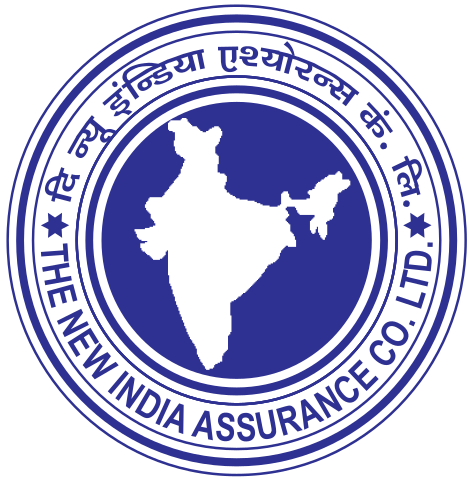A 49-year-old Mumbai man, Chetan Tolia, has finally received ₹16.5 lakh in insurance compensation eight years after a road accident left him blind in one eye. The accident occurred in Hyderabad in 2017, and Tolia underwent multiple surgeries, including a failed corneal graft and treatment for retinal detachment. Despite his vision in his left eye being declared permanently and irreversibly lost, the insurer, The New India Assurance Company Limited, initially paid him only ₹4.5 lakh, citing a certificate from J J Hospital that mentioned “30% disability”.
The insurer claimed that this indicated only partial vision loss, justifying a reduced payout. However, the 30% figure referred solely to impairment in the affected eye, not total visual capacity. The certificate described a “complete mobile retinal detachment” and noted the condition as “permanent, non-progressive and not likely to improve”. Despite this, the insurer treated the percentage as a reflection of overall disability, overlooking the absence of any assessment of binocular vision or functional impairment.
Tolia’s case highlights the emotional and legal toll that many policyholders face when dealing with insurance companies. He appealed multiple times to the company’s grievance cell and the insurance ombudsman but got no relief. It was only in April 2025 that the District Consumer Disputes Redressal Commission, Mumbai Suburban Additional, finally ruled in his favor, ordering the insurer to pay ₹16.5 lakh with 6% interest from 2017, plus ₹35,000 for mental agony and litigation costs.
Experts say that Tolia’s case underscores the need for reform in how insurers assess disability and settle claims. There is a lack of standardized guidelines and independent medical arbitration, which allows insurers to act as both assessor and adjudicator. This can lead to misuse of medical terminology and outdated assessment criteria, resulting in the rejection of valid claims. The Insurance Regulatory and Development Authority of India (IRDAI) must step in with clearer enforcement policies, penalties for bad-faith denials, and transparent communication practices to protect policyholders.
Tolia’s case has reignited calls for stronger regulation of India’s private health insurance sector. There is a troubling trend of insurers rejecting valid claims by misusing medical terminology and outdated assessment criteria. The lack of legal literacy around insurance policies, particularly among middle- and lower-income groups, leaves people unaware of their rights or the basis for denial. The imbalance of power between insurers and claimants is stark, and what’s needed is not just regulation, but accountability, medical clarity, and empathy built into the system.

